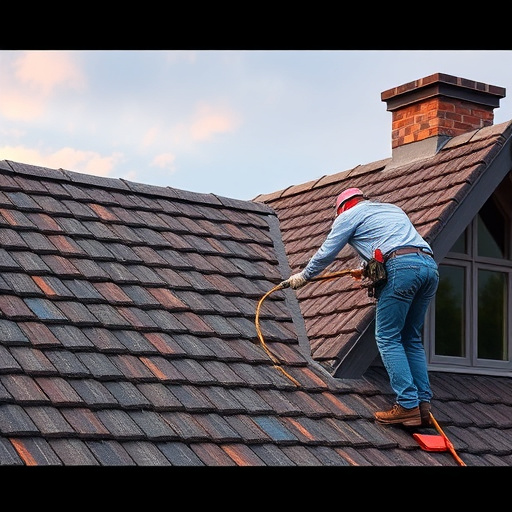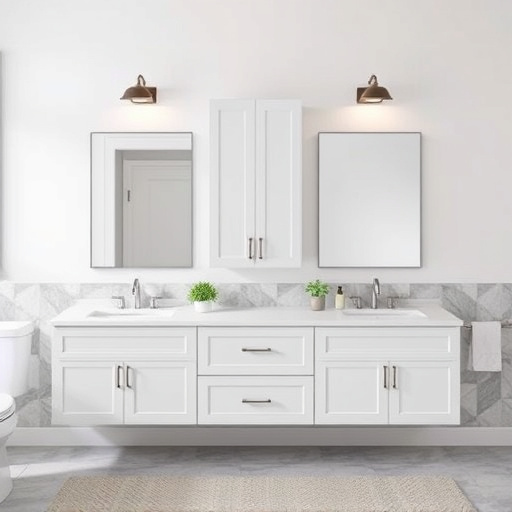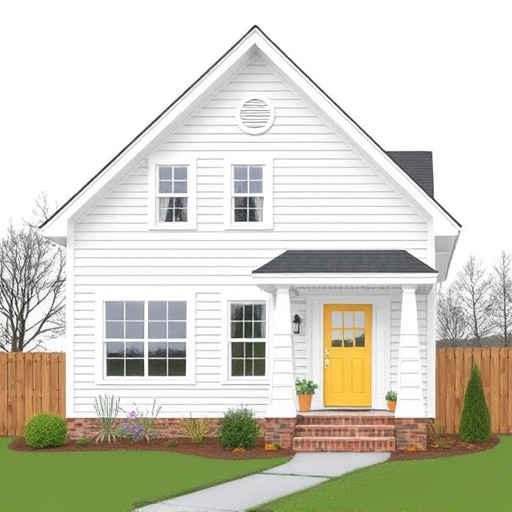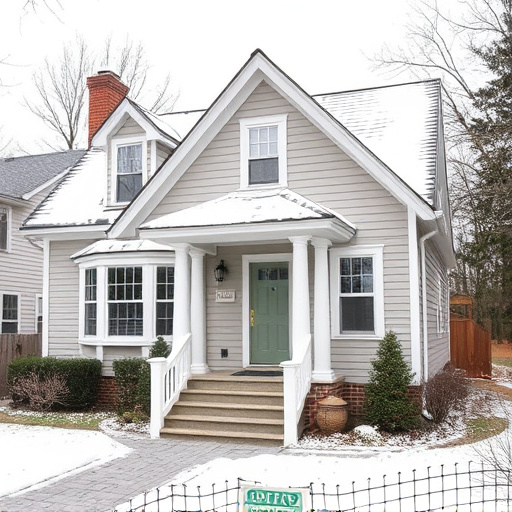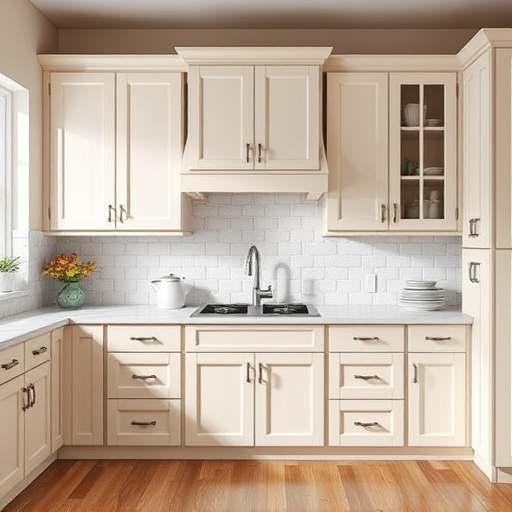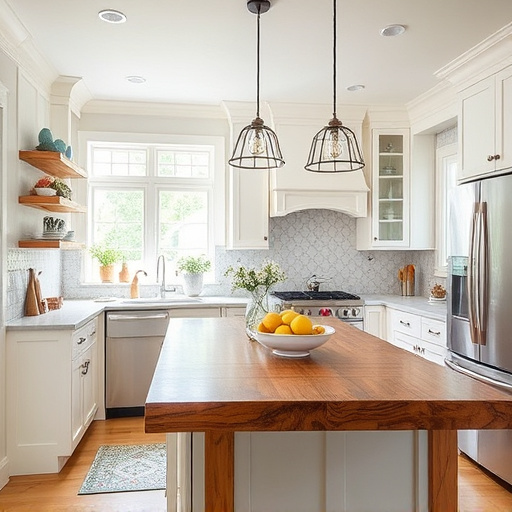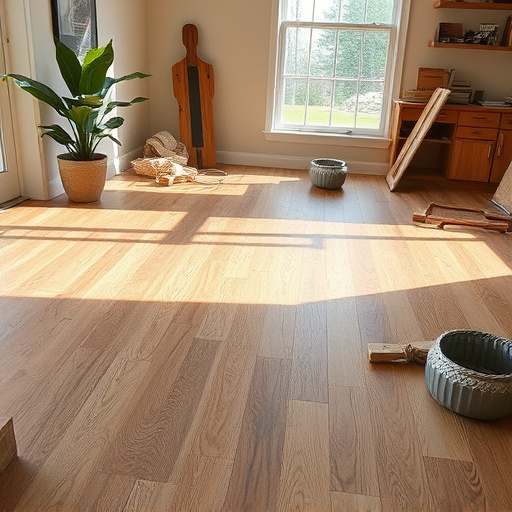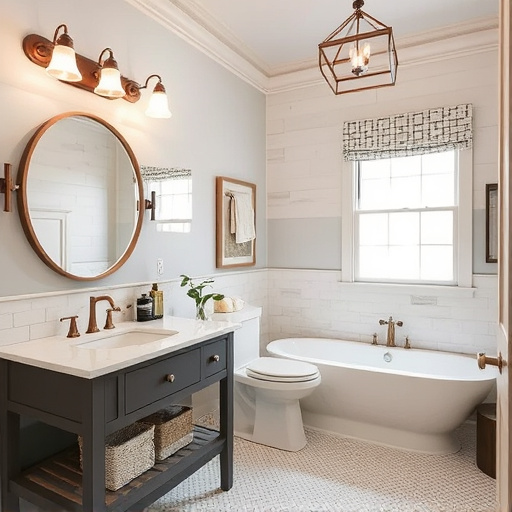Financing a custom home involves understanding tailored options like short-term construction loans for building phases, based on post-completion property value. Specialized lenders offer competitive rates and flexible terms for these unique projects. Builders should focus on excellent credit, responsible debt management, and diversifying funding sources, along with detailed business plans and market trend awareness to secure favorable terms.
In the realm of construction, custom home builders play a vibrant role in shaping unique living spaces. However, financing these projects can be complex. This article navigates the landscape of financing options available for custom homes, offering insights into understanding various loan types and strategies to secure optimal funding. From traditional mortgages to specialized construction loans, we explore how builders can choose the most suitable financing paths for their ventures, ensuring successful completion of these bespoke abodes.
- Understanding Custom Home Financing
- Types of Loans and Their Suitability for Custom Builders
- Strategies to Secure Optimal Financing Options
Understanding Custom Home Financing
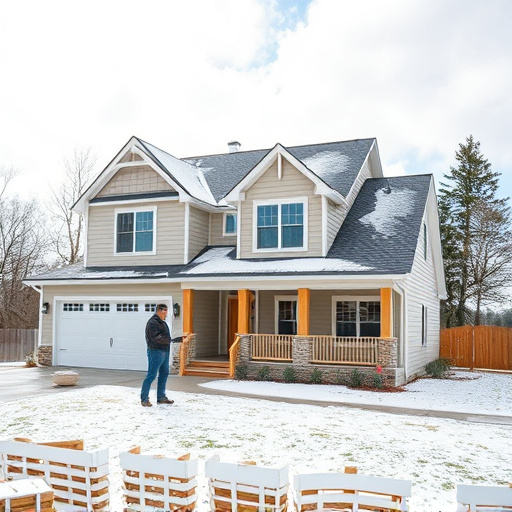
Financing a custom home project is a significant step in bringing your dream residence to life. Understanding the various financing options available allows builders and homeowners-to-be to make informed decisions tailored to their needs. Custom homes, with their unique designs and features, often require flexible funding solutions that traditional mortgages might not cover.
When it comes to funding, many builders and clients consider both short-term and long-term financing strategies. For instance, construction loans are popular for custom home projects as they provide funds specifically for building phases, allowing homeowners to secure a loan based on the expected value of the property upon completion. This is particularly useful when planning expansive renovations like kitchen renovations or whole house remodels, ensuring finances align with the project’s scope and potential value increase. Additionally, some lenders offer specialized programs for custom home builders, offering competitive rates and flexible terms to support the unique demands of these projects.
Types of Loans and Their Suitability for Custom Builders
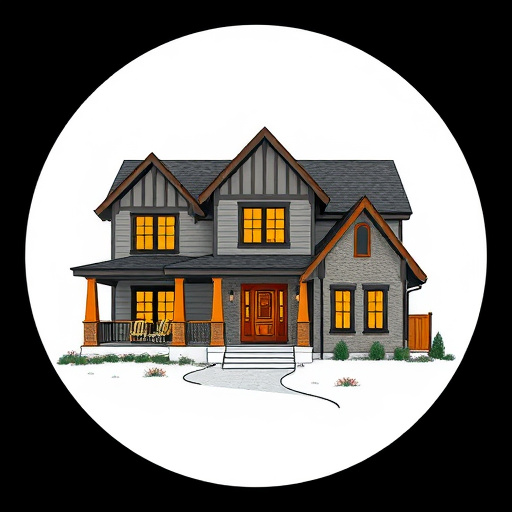
Custom home builders often require a significant financial investment to bring their designs to life. When it comes to financing options, various loan types cater specifically to this industry. Construction loans are a popular choice for custom builders as they provide funds for both building and materials, offering flexibility during different stages of construction. These loans typically have a short-term duration and can be structured to align with the project timeline, making them ideal for managing cash flow efficiently throughout the build process.
For builders undertaking extensive renovations or multiple room remodels, renovation loans or home equity lines of credit (HELOCs) are suitable alternatives. These options allow builders to access funds based on the value of their existing property, enabling them to cover costs associated with floor replacements, home remodeling, and other upgrades. With HELOCs, builders can also utilize a revolving line of credit, providing the freedom to borrow, repay, and borrow again as needed during the construction or renovation process.
Strategies to Secure Optimal Financing Options
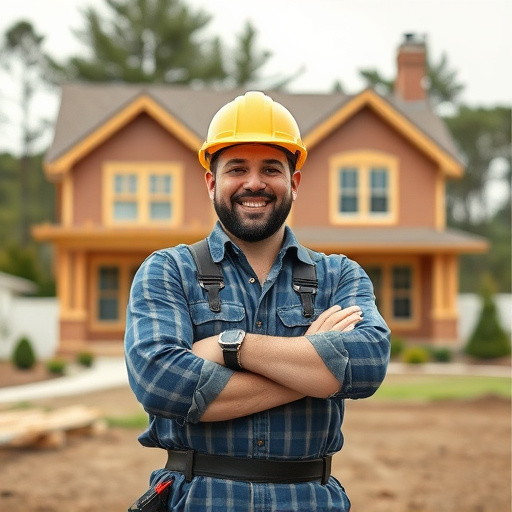
Securing optimal financing options for custom homes is a strategic process that requires builders to be proactive and well-informed. One effective strategy is to establish a strong credit history and maintain a solid DTI (Debt-to-Income) ratio. This involves timely repayment of existing debts, responsible financial management, and avoiding excessive borrowing. Custom home builders should also consider diversifying their financing sources, exploring both traditional lenders like banks and alternative options such as private investors or construction loans tailored for residential projects.
Additionally, having a comprehensive business plan and detailed project proposals can enhance credibility with lenders. Highlighting the potential for high-quality craftsmanship, unique design elements, and the overall value of the customized work will strengthen financing applications. Prioritizing communication with financial institutions, staying updated on market trends, and adapting one’s approach based on changing economic conditions are key to securing favorable terms for custom homes projects, potentially including flexible repayment schedules and competitive interest rates.
When it comes to financing custom homes, builders have a variety of options to consider. By understanding different loan types and implementing strategic approaches, custom home builders can secure optimal financing to bring their unique projects to life. Whether focusing on conventional loans, government-backed programs, or alternative financing methods, the right choice depends on individual needs and market conditions. Embracing these financing options allows custom home builders to navigate the process effectively and contribute to the vibrant landscape of tailored residential solutions.

